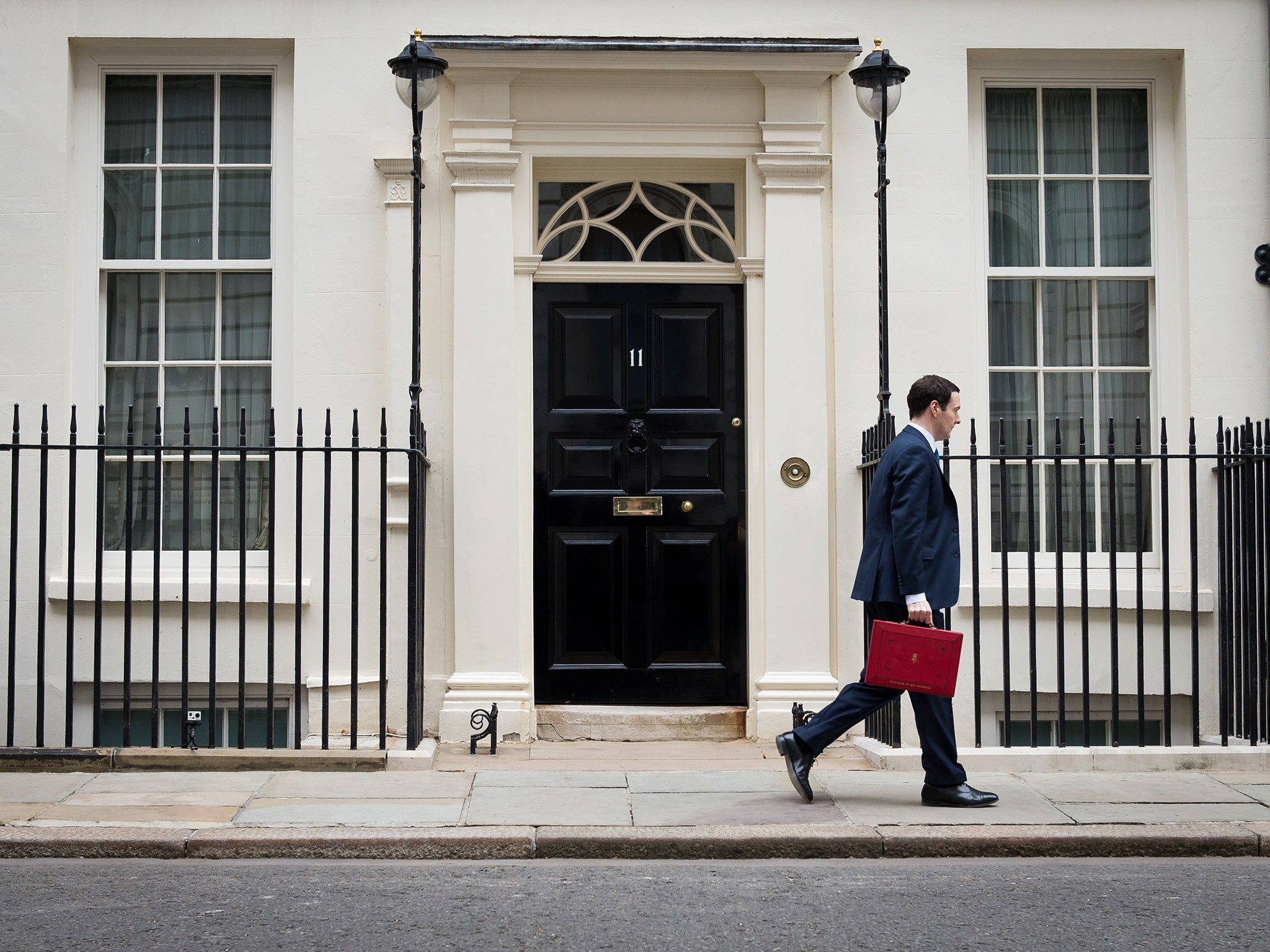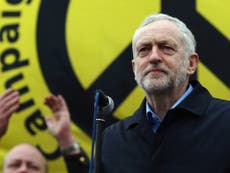Osborne’s ‘cocktail of threats’ will stir, not shake, the economy
Grandiose projects that cost vastly more than projected destroy wealth. Politicians like making grand announcements


Another day, another budget. The tweaks and turns to British public finances that the Chancellor makes each spring may not matter much in the global scheme of things. But they matter a lot to us because we have to foot the bill and/or face the cuts, and we have been set up to be disappointed. The world economy may not face a “dangerous cocktail of new threats”, as George Osborne colourfully declared in January. That was over the top. But there are some old threats that are not going to go away and the Chancellor of the day has to deal with them.
The first threat is a slowing world economy. The UK has managed to detach itself from the relative stagnation of the eurozone, despite the fact that it remains our largest export market. We don’t have the full figures yet, but according to Consensus Economics, which tracks the main economic forecasters, last year’s UK growth was 2.2 per cent, compared with 1.5 per cent for the eurozone. Global growth last year was estimated to be 2.6 per cent – not brilliant, but at least it was growth. This year, the consensus is for a slight fall, to 2.5 per cent, followed by a recovery to 2.9 per cent in 2017.
These forecasts may turn out to be over-optimistic, but that is what the consensus is saying. It is not expecting a global recession, or anything remotely like it. Indeed I cannot find a single established forecaster that is saying there will be a global recession this year, or next, or the year after. The Chancellor’s cocktail contains the usual ingredients – heavy debts just about everywhere, a huge adjustment in China away from manufacturing and towards services, deflation in Europe and Japan, and so on – but while they have the potential to stir the world economy, it is hard to see them shaking it.
You can carry the “stirred, not shaken” theme over to the UK economy, too. The forecasts for growth this year range from Goldman Sachs’s bullish 2.5 per cent to the Economist Intelligence Unit’s 1.7 per cent. We’ll get the judgement of the Office for Budget Responsibility on growth and the implications for public finances as part of the budget package. But ahead of that, it is worth just noting that growth at 1.7 per cent would be the same as Germany had last year, and Germany is supposed to be a great success story.
So why the angst? Why these warnings of further cuts in planned public spending? Why the rumours of higher taxes on fuel and insurance? The answer to that is that we are still a long way to balancing the books. We still have the largest fiscal deficit relative to GDP of any major economy, bar Japan, and the gap seems to be closing a little slower than the Chancellor hoped even three months ago.
Tax revenues are not bad. We have the figures for the first ten months of the financial year and total revenue was up 3 per cent on 2014-15. Income tax and capital gains tax were up 4.7 per cent, which is pretty good, and National Insurance Contributions up 3.5 per cent, and VAT up 3 per cent, were both fine. Some other sources of revenue, including North Sea oil and gas, were soft, but while the overall picture is all right, it is not quite as good as hoped. Were it not for the promise – nay, the legal requirement – to deliver a surplus this parliament, everything would be hunky-dory. But any slippage now puts that target at risk. The first two things to look for, then, are whether the OBR’s assessment of the global outlook is really more gloomy than it was three months ago, and whether the danger of missing the fiscal target has increased.
The third thing will be how the Chancellor responds to all this. The macro-economic elements of the budget are pretty much set. It will be a fine decision as to whether he decides to squeeze a bit more tax out of fuel duties, which would be rational given the fall in the oil price. Consumers are getting most of the benefit from cheaper fuel, but it would be reasonable for the exchequer to get a bit too, if only to balance the loss of revenue upstream from the North Sea. He can scratch around to get more revenue from insurance, and maybe more from the traditional “sin taxes”, excise duty on alcohol and tobacco. But as noted above, revenues are not bad as it is, and without radical (and profoundly unpopular) changes the tax system will not bring in much more.
Nor indeed can he do much more on current spending, above and beyond what is already projected. Public spending as a percentage of GDP will be down to the level of the late 1990s, maybe slightly below, by the end of this parliament. It is hard to get it lower, and the danger is that the government will try and deflect attention from the current spending squeeze by switching the focus onto the ambitious infrastructure spending plans we have been hearing so much about.
The jargon is odd: these are the micro-economic aspects of public finance, even though the numbers are huge. But it will be on these issues, as much as than the macro, that Mr Osborne ought to be judged. Did he do stupid?
Grandiose projects that cost vastly more than projected destroy wealth. Politicians like making grand announcements: the giant aircraft carriers, Hinckley Point, HS2, a tunnel under the Pennines. But the opprobrium when the costs of these projects overrun and/or have to be abandoned, accrues to a different generation of politicians from the ones that take the decision. The opprobrium for underspending on infrastructure is often misplaced too.
So the task this week as always will be to look through the stuff about cocktails of threats and ask the simple question: is this man being sensible with public finances? All we ask for is reasonable competence. Is that too much to ask?



Join our commenting forum
Join thought-provoking conversations, follow other Independent readers and see their replies